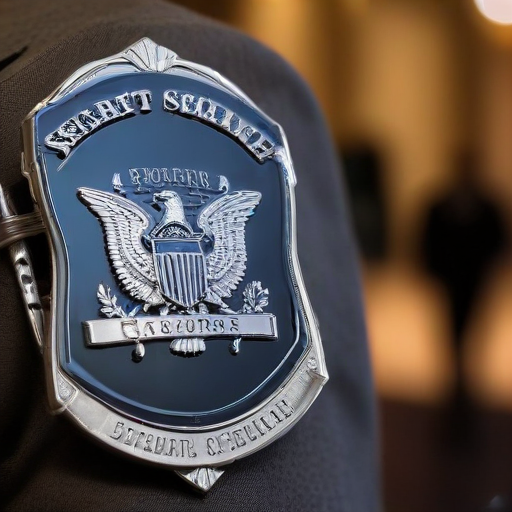A recent bipartisan hearing of the task force investigating the assassination attempts against President-elect Donald Trump turned combative as Republican Rep. Pat Fallon clashed with acting Secret Service Director Ronald Rowe. The confrontation arose during discussions about Rowe’s presence at a 9/11 memorial event attended by top national leaders, including Trump, President Biden, and Vice President Kamala Harris.
Fallon initiated the heated exchange by displaying a photo that captured Rowe standing behind Harris at the event in New York City. He challenged Rowe about his responsibilities regarding presidential security during such an event, questioning whether he was fulfilling his role as the special agent in charge of security. Rowe responded by emphasizing his attendance was to honor the Secret Service members who lost their lives on 9/11 and insisted the special agent in charge was not visible in the photo.
Tensions escalated when Rowe admonished Fallon not to use 9/11 for political purposes, to which Fallon retorted that Rowe’s justifications were inadequate. Fallon accused Rowe of putting the safety of high-profile leaders at risk and suggested his attendance was more about visibility than security.
This hearing comes in the wake of significant security breaches surrounding Trump’s recent campaign rally, which left the president-elect and others injured due to a shooting incident. Rowe acknowledged the shortcomings of the Secret Service, stating, “July 13 was a failure of the Secret Service to adequately secure the Butler Farm Show site and protect President-elect Trump,” noting the agency’s need to improve its operations significantly.
As the task force continues its investigation, it’s a critical time for the Secret Service to address these security issues and restore confidence in its protective measures. While the exchanges in the hearing highlighted the tensions surrounding national security, they also underscore the importance of accountability and reform in the agency, especially as Trump prepares to take office in late January. By addressing these concerns, the Secret Service may strengthen its protocols and better protect those it is sworn to serve, fostering a sense of safety for all.
